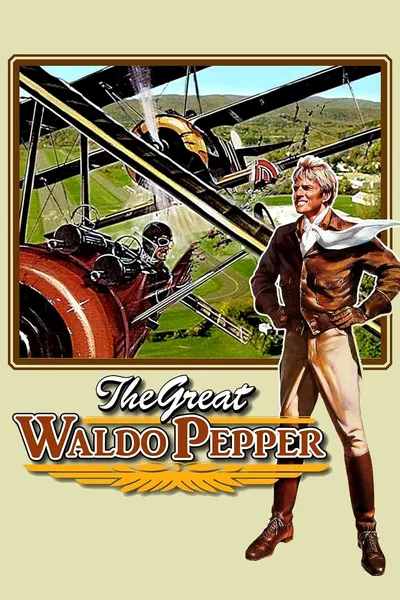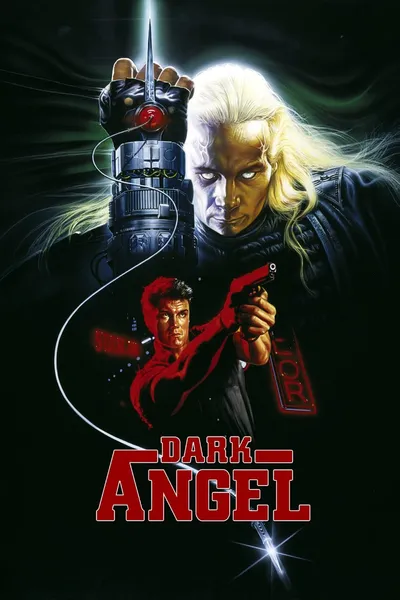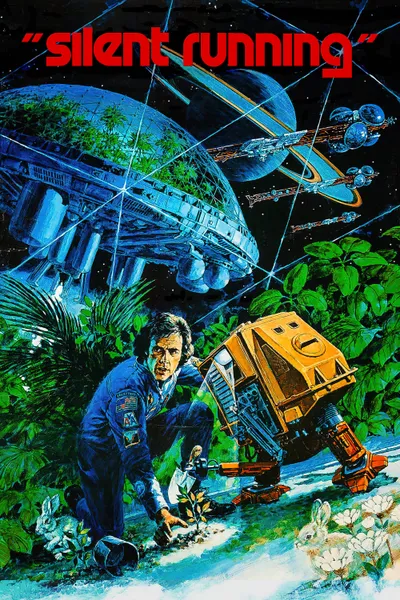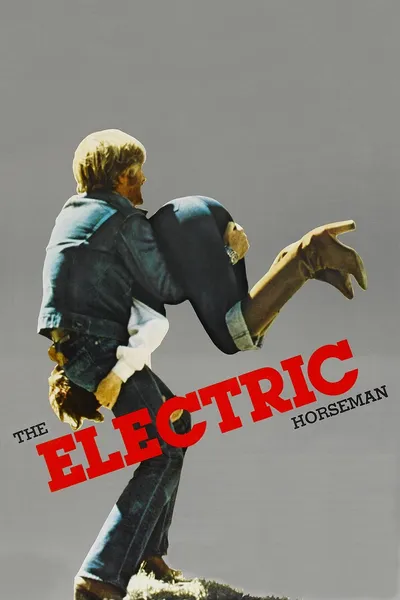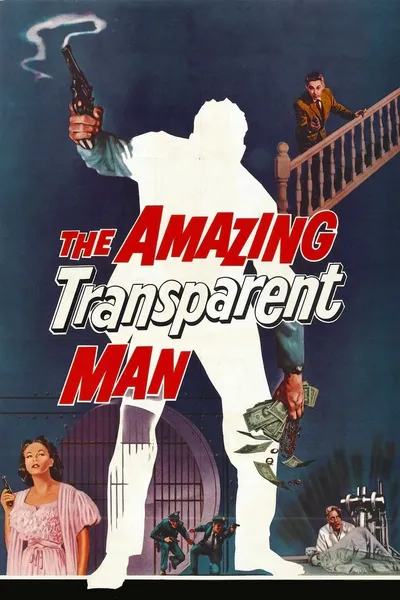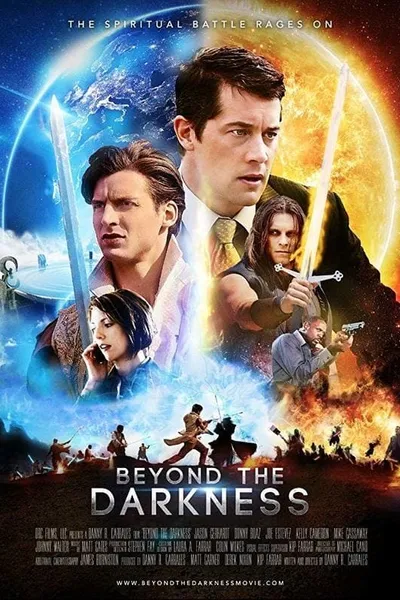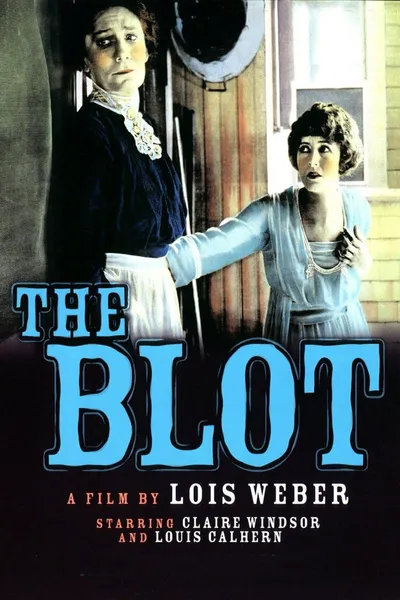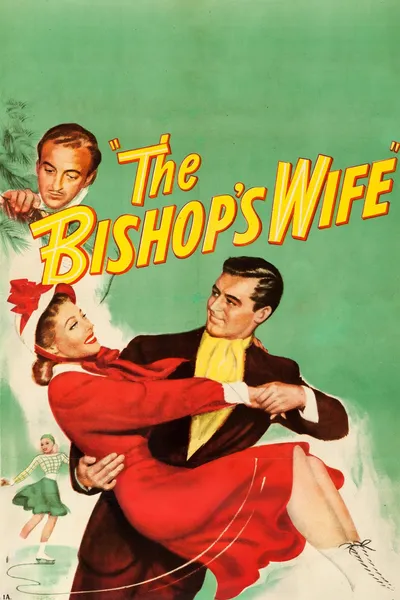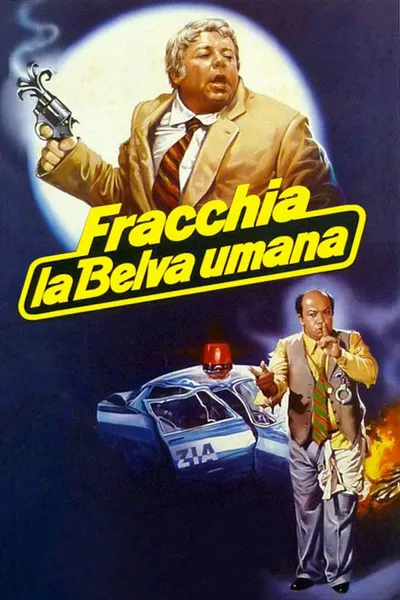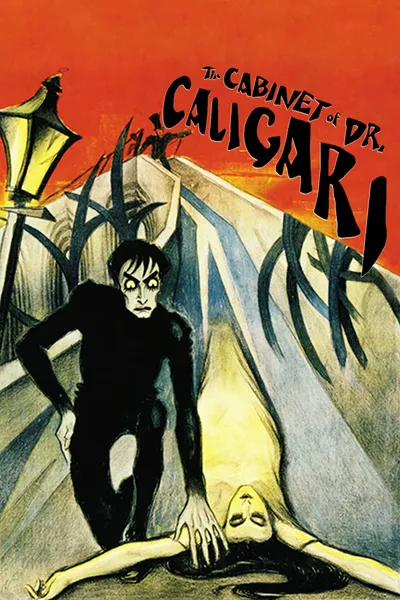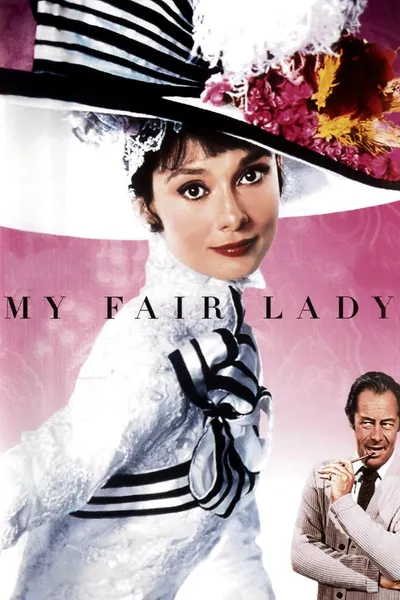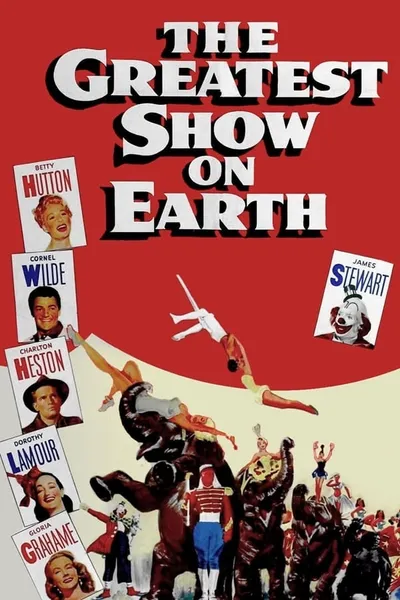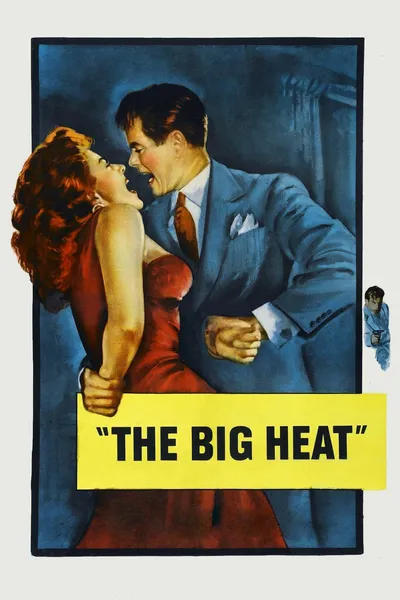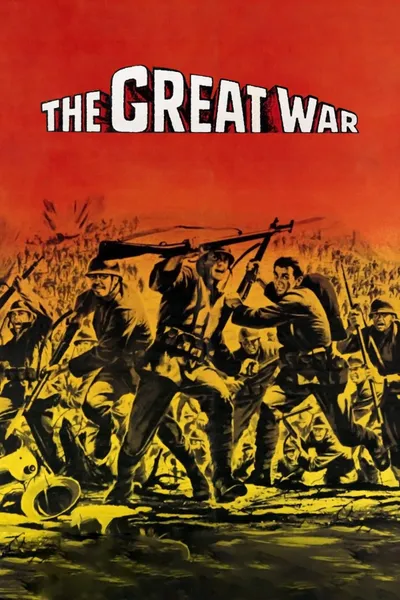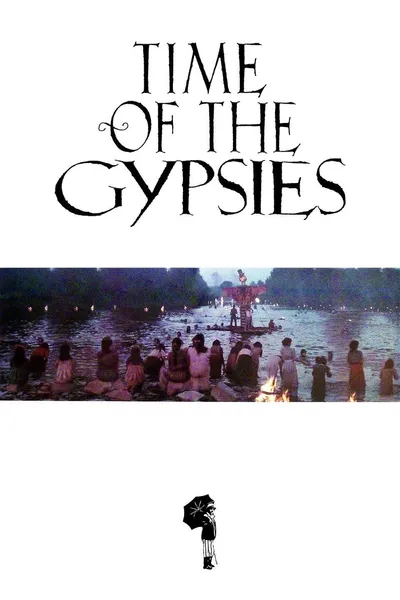Reviews
Patrick E. Abe
September 21, 20166.0
Former World War I pilot Waldo Pepper barnstorms across rural America, giving 5 minute rides to skeptical townsfolk. Clearly the people behind this project love aviation and capture the feel of the post-World-War-I era when "the sky's the limit" was literally true.
The downside of early aviation is shown via the ups and downs of "Doc Dilhoefer's Flying Circus," where a novice wing walker freezes in place. The long arm of the FAA catches up to Waldo because "it's time that aviation got civilized." With limited opportunities after being grounded for life, Waldo finds salvation at the movies, where danger is ever-present in the rickety, worn-out planes and fatal stunts for the camera.
An old nemesis that Waldo missed meeting over France, Ernst Kessler (Ernst Udet?), arrives for the next project--the epic three vs. one dogfight. With the FAA closing in, Waldo's days in the air are numbered, though he's in better shape than the down-at-heels Kessler. Waldo and Kessler leave their parachutes behind as the cameras roll; this aerial ballet is going to be a battle! 7/10

Wuchak
September 28, 20247.0
**_The daredevil barnstormers of the 1920s with Robert Redford and Bo Svenson_**
Two former pilots of WW1 team-up to entertain people in middle America with increasingly risky aerial maneuvers. Susan Sarandon plays a woman who joins the team while Margot Kidder appears as the protagonist’s on-again, off-again girlfriend. Geoffrey Lewis is also on hand as an inspector of the newly formed Air Commerce.
"The Great Waldo Pepper" (1975) is a tribute to the men & women who risked their lives to entertain people in ‘flying circuses’ in the ’20s through the early ’30s. By the time of this particular story, competition amongst stunt fliers resulted in progressively dangerous tricks, as well as highly publicized accidents, which led to hampering safety regulations and the demise of barnstorming.
The tone mixes life-or-death drama with amusing bits. There are a couple of shocking sequences that some critics have interpreted as ‘coldhearted,’ but they just reflect those times. Even if you were a female who joined the team, you’re one of the boys and they all knew the risks. Sudden deaths, while unfortunate, didn’t change the fact that it was part of how these people made a living. And the show must go on, as they say.
Speaking of which, if you’re familiar with movies like “The Blue Max,” “Flyboys” and “The Red Baron,” this is what some of the surviving flying aces were doing after the war.
It runs 1 hour, 47 minutes, and was mostly shot in and around Elgin, Texas (which is just east of Austin), and Piru, California (which is a 50-minute drive northwest of Los Angeles). Studio stuff was done at Universal Studios.
GRADE: B-/B
Recommendation Movies
Dark Angel1990
Silent Running1972
The Electric Horseman1979
The Amazing Transparent Man1960
Heaven's War2018
The Blot1921
Booksmart2019
L.A. Confidential1997
A Streetcar Named Desire1951
The Bishop's Wife1947
Johnny Stecchino1991
Fracchia The Human Beast1981
The Cabinet of Dr. Caligari1920
My Fair Lady1964
The Greatest Show on Earth1952
The Big Heat1953
Sunset Boulevard1950
The Great War1959
Ninotchka1939
Time of the Gypsies1988
© 2024 MoovieTime. All rights reserved.Made with Nuxt
